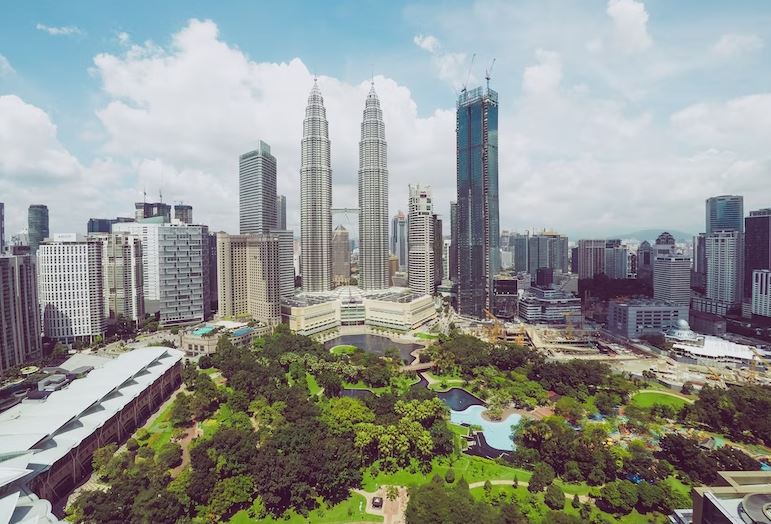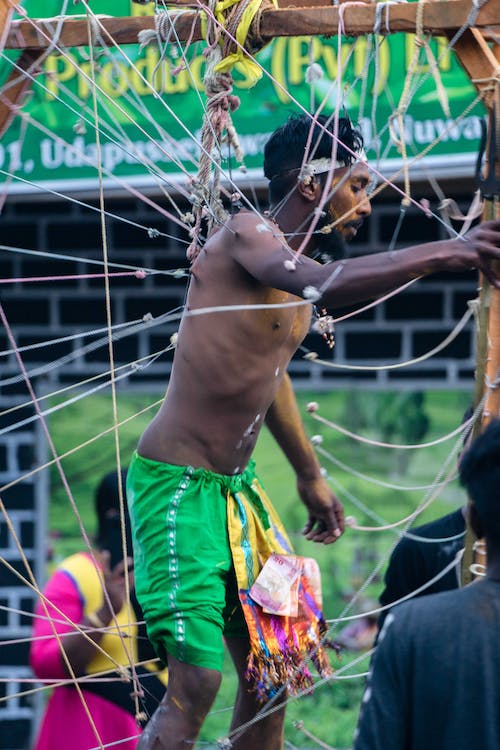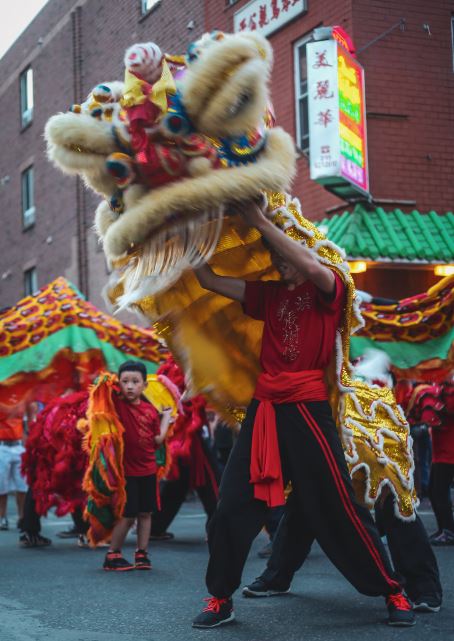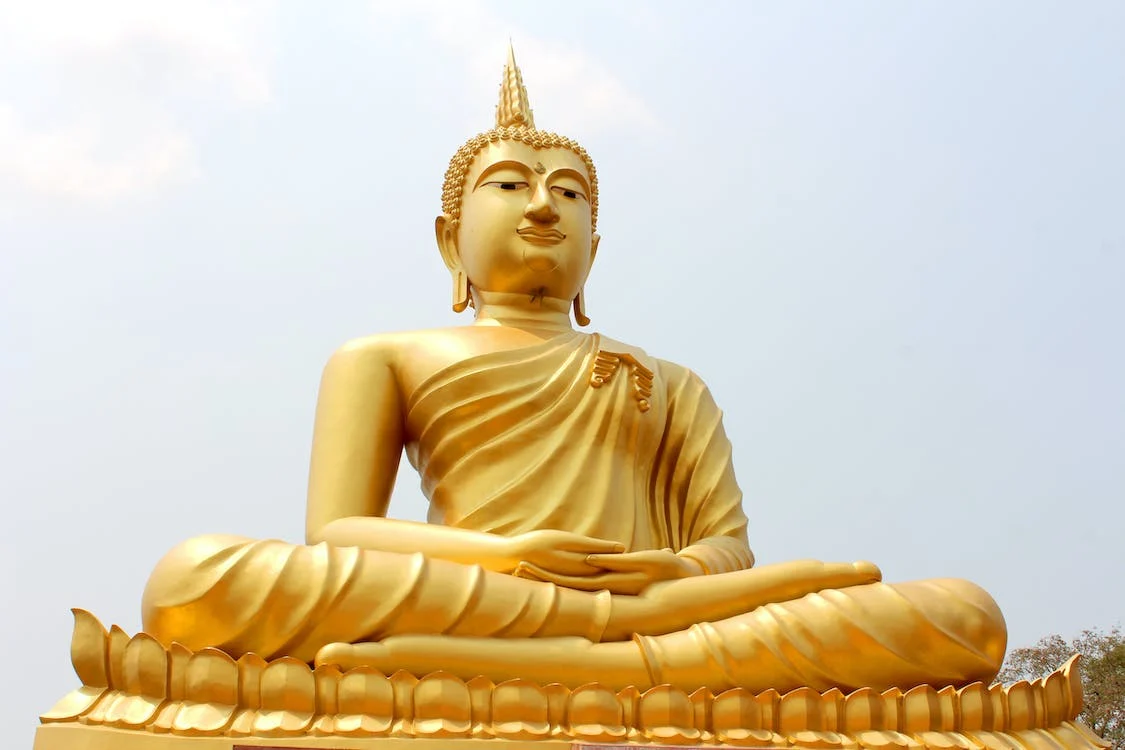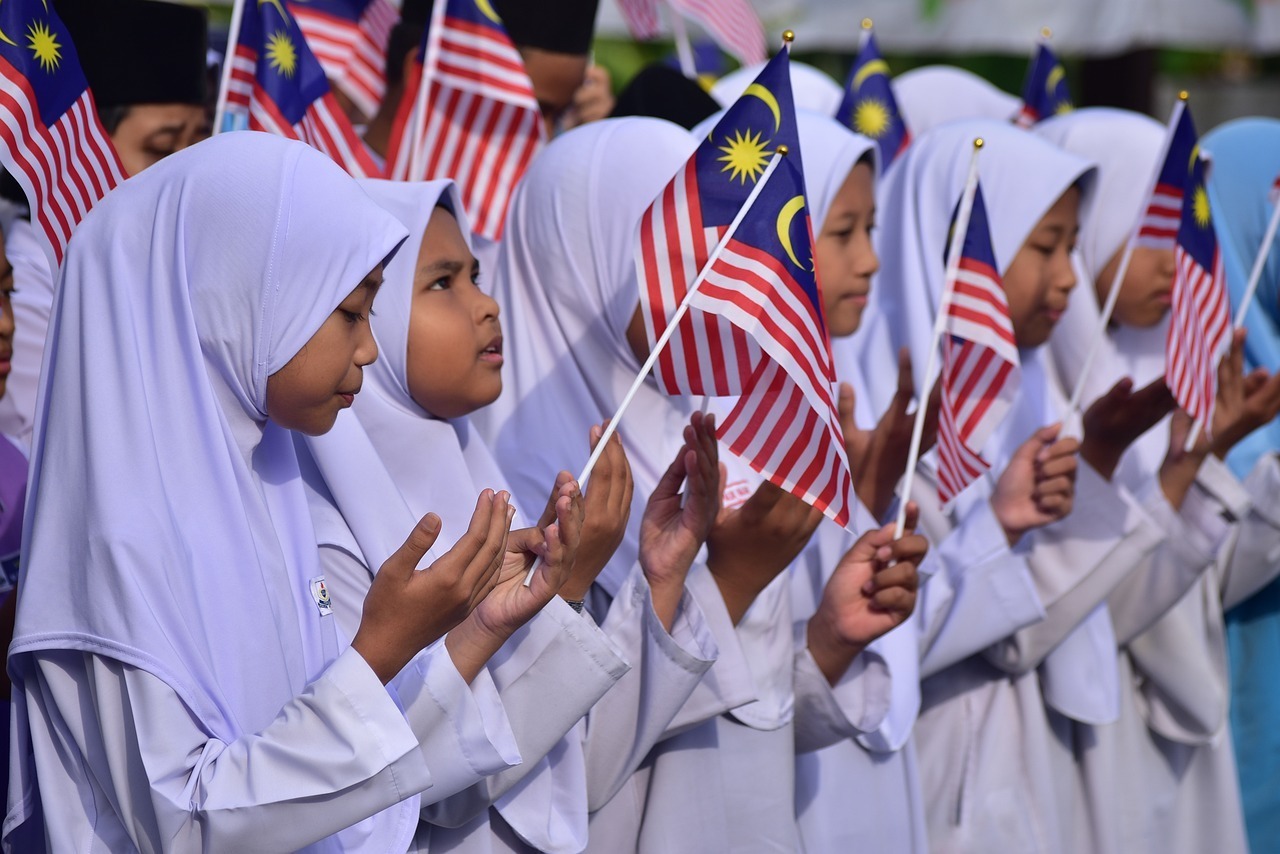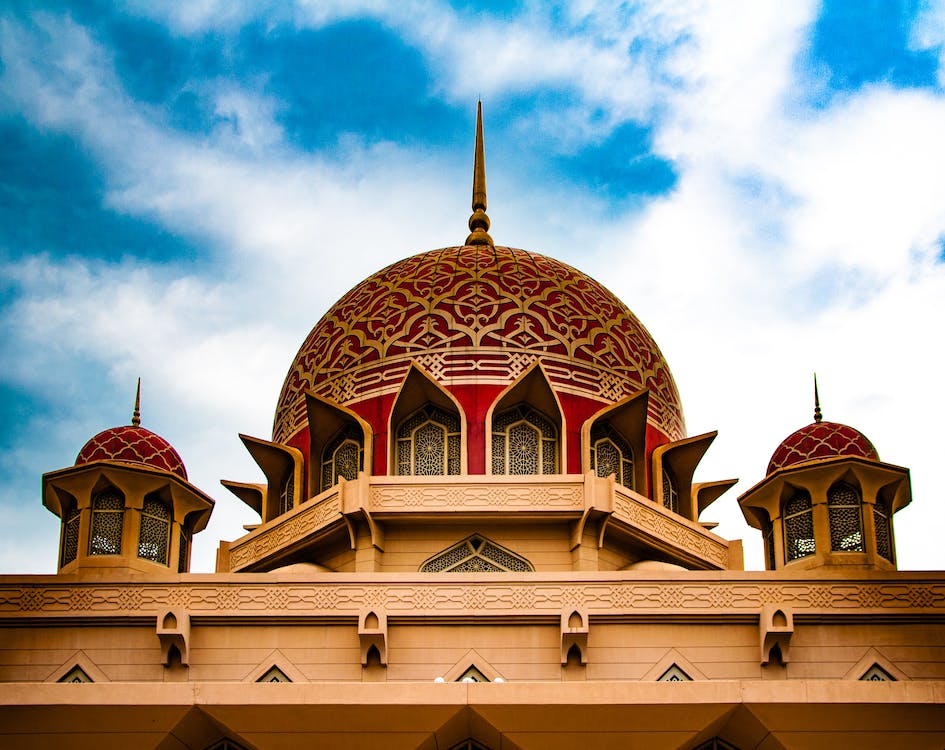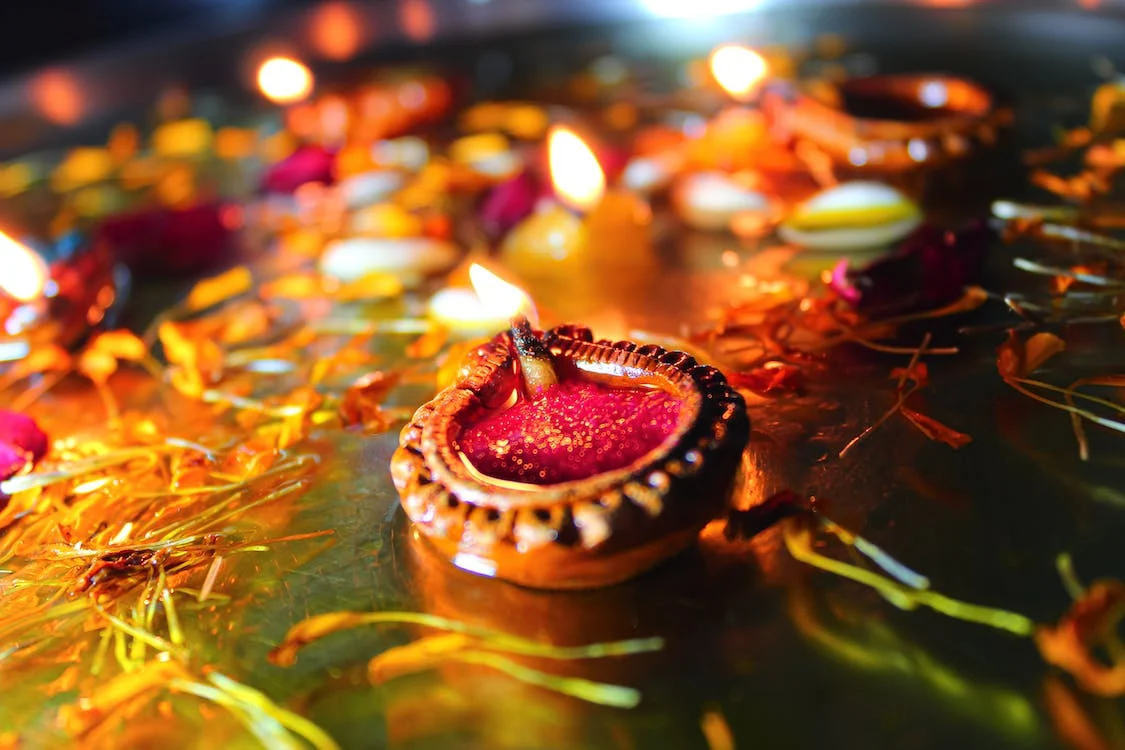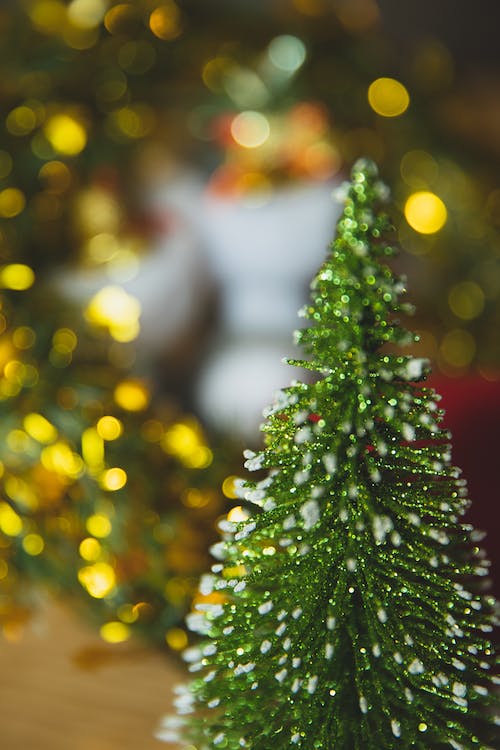Malaysia is recognized for possessing a very dynamic economy within the South East Asian region, which has been cultivated by sustained industrial expansion and a stable political environment over the course of many decades. It is a nation made up of 13 states and three federal territories, divided into two parts by the South China Sea.
Malaysia is home to many different groups of people who still follow the cultures and religions of their ancestors. The celebration of numerous festivals and events is an important aspect of Malaysian culture. There are many vibrant, exciting, and thrilling events throughout the year. Some are sacred and solemn, while others are lively, happy events. The ‘open house’ custom is an intriguing aspect of the major celebrations here. This is the time of year when Malaysians celebrate the holiday by inviting visitors to their homes for traditional sweets and fellowship. The festivals in Malaysia serve as a manifestation of the country’s rich cultural variety and its commitment to religious tolerance.
Check out this list of holidays and events. See for yourself the incredible ambiance, vibrant energy, and exquisite joy and learn why Malaysia is indeed a country of celebrations.
Thaipusam
The western regions of Malaysia, particularly in the vicinity of Kuala Lumpur, are home to a substantial Tamil community. One of the most significant celebrations in Tamil culture takes place at the time of the full moon in late January or early February. Thaipusam celebrates Murugan’s victory over an evil spirit known as Soorapadman.
You’ll witness devotees getting their tongues, cheeks, and other body parts pierced during this event. Some people carry kavadis. A Kavadi is an ornamental object used by worshippers to penetrate their bodies.
Thaipusam is celebrated every year in Batu Caves, just outside of Kuala Lumpur. The Hindu temple at Batu Caves is located underground. There are 272 stairs that must be climbed in order to get to the temple.
Chinese New Year
Chinese New Year is widely regarded as the most significant Chinese cultural festival in Malaysia. During the festival, participants will have the opportunity to see lion and dragon dances being performed across the city, with participants wearing costumes to conduct the ritualistic dances for good luck and to ward off bad spirits. The Chinese community in Malaysia will host dance performances at their restaurants, stores, and other enterprises. In some cities, public ceremonies feature lion dances, performances, and traditional music.
Chinese New Year is usually a 15-day celebration, with most Chinese families spending the first two days attending family gatherings before returning to their daily schedule. Still, many Chinese communities maintained their holiday customs, such as doing lion dances, lighting fireworks, and home visits. During this time, friends and family are invited to each other’s homes, during this time, friends and family are invited to visit one other’s homes, where sweet delicacies and savory cuisines are provided, and red packets known as “ang pao” are distributed to kids.
Malaysia Water Festival
The Water Festival in Malaysia has similarities to the Holi festival celebrated in India. It is one of the most fun cultural events in Malaysia. It takes place during the gap year, when people of all ages and backgrounds to joyfully pour water on each other. The celebration begins in Kuantan and concludes in Labuan. There will be a variety of events, such as a kayaking competition, a sandcastle competition, and an international fishing tournament.
Tadau Ka’amatan
The Tadau Ka’amatan, also known as the Harvest Festival, is widely considered to be the highlight of the month-long Harvest Festival festivities in Sabah.
The ethnic Kadazan-Dusun have a centuries-old ritual called the Kaamatan Harvest Festival, which is a pagan celebration of a bountiful harvest. Today, however, there is a greater emphasis on socializing and throwing a celebration with plenty of food, drink, and music. Sabahans often host large gatherings at their homes, where endless amounts of food and drink are served to guests, while others attend public events.
The traditional Kaamatan Festival is a colorful event that includes the coronation of the Unduk Ngadau (Harvest Beauty Queen) and Sungdoi (Kadazan Idol) at the city level.
Wesak
Wesak is a Buddhist holiday that honors the birth, wisdom, and death of Lord Buddha. Buddhists start the day early by visiting temples to worship, meditate, and donate to the less fortunate. The highlight of this national event is the spectacular Wesak float parade, which often includes a massive Buddha statue.
Malaysia’s National Day
The celebration of Malaysia’s Independence Day takes place annually on the 31st of August. Referred to as Merdeka Day, Malaysia’s National Day. This day commemorates the Federation of Malaya’s independence from British colonial control in 1957. The celebration of Independence Day among the Malay population is characterized by a series of notable events.
Commencing with a magnificent display of fireworks on the preceding evening, the festivities continue with a huge parade held in Merdeka Square in the morning. Furthermore, throughout the day, a variety of concerts and shows are organized, further accentuating the significance of this momentous day. Throughout the nation, many parades, stage events, and exhibits are organized, although the intensity and enthusiasm seen in Kuala Lumpur surpasses all others.
Gawai Harvest Festival
The Dayak indigenous community in Sarawak has its own tribal version of the harvest celebration. The majority of the tribal ceremonies and rites of this event are conducted in communal longhouses, which accommodate multiple families under one roof.
The ritualistic gifts made to the gods of the harvest generally end with the recitation of prayers and the cockerel sacrifice. In addition to the tribal ceremonies, this month-long festival features a spectacular display of tribal costumes, traditional performances, an abundance of ethnic cuisine, and numerous open-houses. The Keling (King) and Kumang (Queen) Gawai pageant, which crowns the festival’s most beautiful King and Queen, is one of the most-anticipated events of the festival.
Hari Raya Aidil Fitri
In Malaysia, where more than half the population being ethnic Malays who practice the official religion of Islam, the most significant event is the Islamic New Year festivities known as Eid al-Fitr, or Hari Raya Aidil Fitri in Malay. Hari Raya commemorates the end of Ramadan, the ninth month of the Islamic calendar, and so marks the end of a month of fasting from dawn to sunset. As a two-day national holiday in Malaysia, many would go back to their hometowns to spend time with their relatives.
The month-long Hari Raya festival is marked by morning community prayers, joyful “open houses,” and, of course, plenty of delicious traditional Malay cuisine.
Deepavali
Deepavali, also known as the festival of lights, is widely celebrated in Malaysia and has significant popularity among the Hindu community. Nighttime fireworks shows are held, and residences are decorated with lights and festoons. Massive and colorful kolams, or rice powder patterns, are arranged.
The festival symbolizes the victory of good over evil and lamps are lighted in temples and houses to ward off evil.
There will likely be a great deal of Indian street cuisine available in Malaysia around this time. On stalls homemade samosas, murukku, and curries are sold, making an already abundant selection of Indian cuisine even more accessible. Kuala Lumpur’s Little India, located close to KL Sentral, is sure to be a vibrant and exciting part of the city at any time of day.
Rainforest World Music Festival
The Rainforest World Music Festival is a 3-day event held every July in the Sarawak Cultural Village. It is one of the best music festivals in Malaysia and one of the biggest in Southeast Asia. This event in Malaysia has cultural experiences, and live shows by artists from all over the world. It’s an event that people who like music and culture shouldn’t miss.
Dragon Boat Festival
The Penang Dragon Boat Festival is the most well-known dragon boat competition in all of Malaysia. The competition takes place on the brilliant blue waters of the Teluk Bahang Dam and features fleets of long, colorful boats being rowed one after the other.
This festival showcases a diverse array of foreign racers hailing from South East Asian nations and Australia. In addition to the exhilarating races, the event also includes talent events and a vibrant carnival atmosphere. The celebration in Malaysia is characterized by a vibrant and energetic ambiance, enhanced by the presence of lively street food vendors and enthusiastic crowd chanting.
Christmas
Christmas is a big holiday all over the world, and Malaysia wouldn’t miss out on such an important holiday.
Christmas is a representation of Malaysia’s multicultural identity. Despite the fact that only 9 percent of the population is estimated to be Christian and Islam is the official religion, Malaysia commemorates Christmas as a national holiday.
Christmas gatherings and caroling, open to all members of the community regardless of race or religion, are a typical tradition in Christian neighborhoods.
A month before Christmas, the streets of Kuala Lumpur are lined with dazzling lights, and commercial centers display their most extravagant Christmas displays. Engage in festive activities packed with amusement to enhance your Christmas spirit.
Summing Up
Malaysia is one of the most intriguing Asian nations, and it is well worth a visit to learn about its unique culture and customs. The multiculturalism of Malaysia, as well as the diversity that exists within its ethnic groups and religion, gives rise to a large number of events and festivities.
If you’re traveling to Malaysia at any time of the year, you can certainly find a religious or cultural event to attend.
Visit Malaysia during one of the numerous festivals if you’re hoping to enrich your trip with some local culture and customs.

